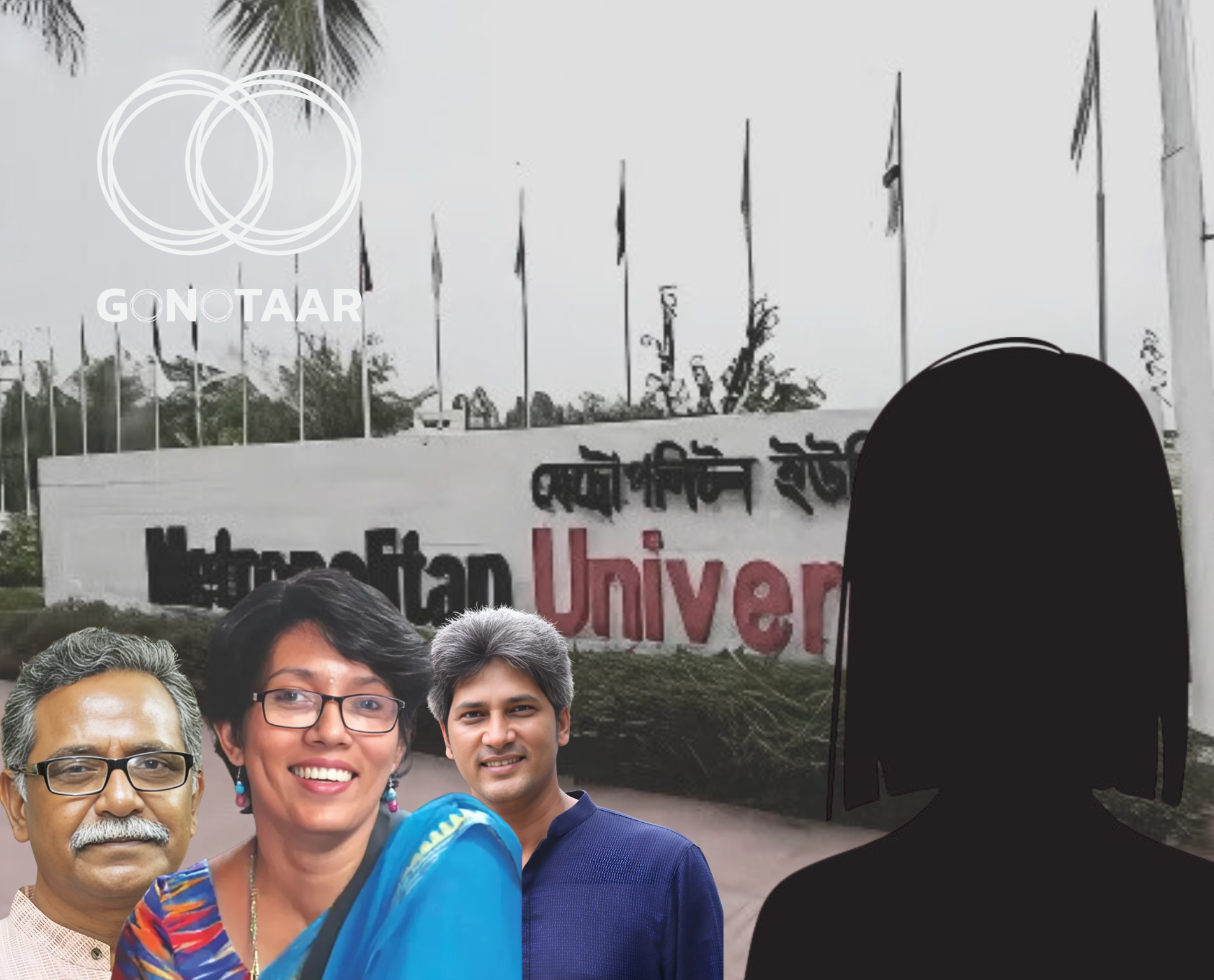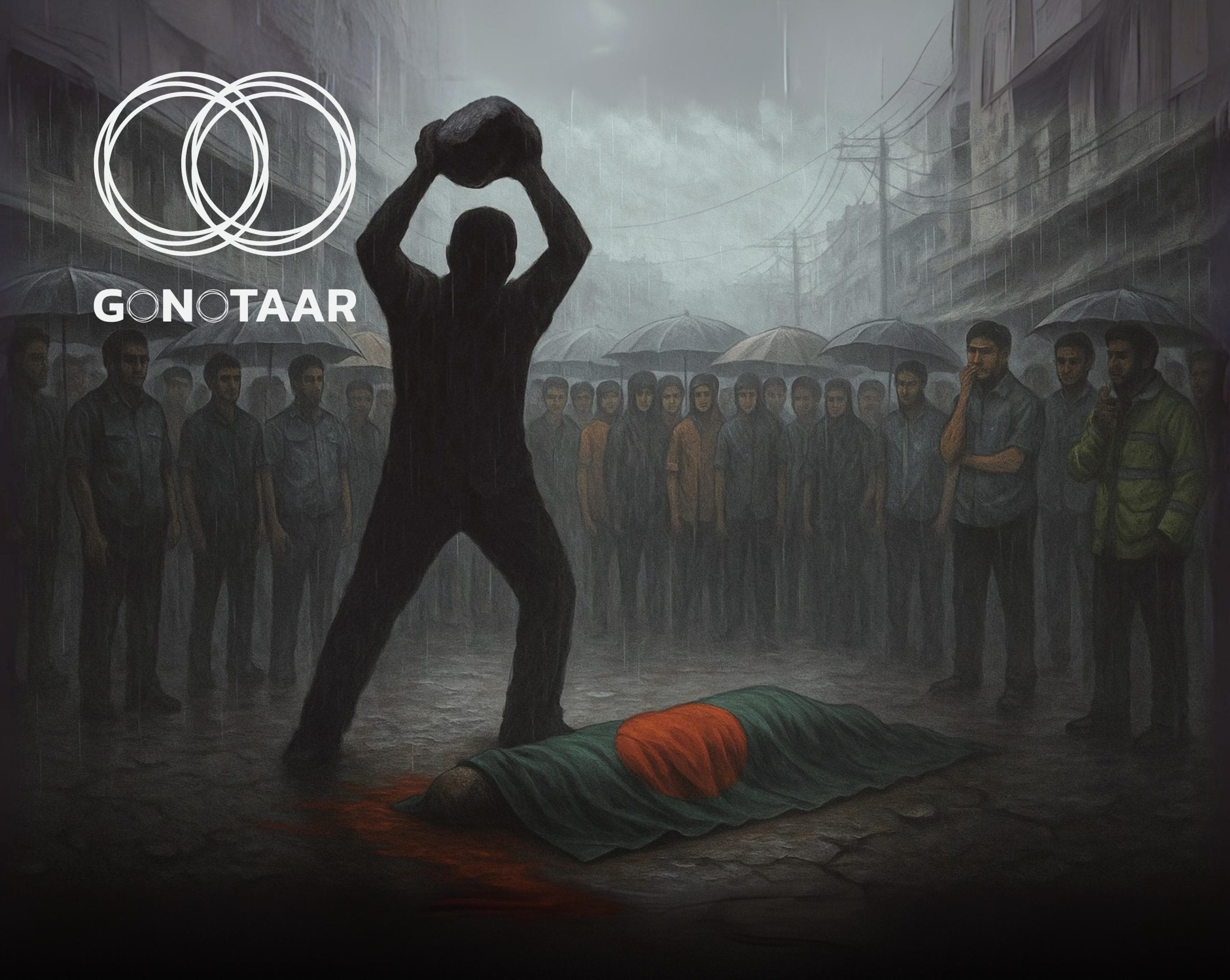Metropolitan University in Sylhet has come under heavy criticism from rights groups, students, and prominent citizens after expelling a transgender student, Sahara Chowdhury, in a decision many are calling discriminatory and unjust.
The expulsion order, issued on 13 August, alleged that Sahara — a final-year student of the English department and an activist in a transgender women’s organisation — had threatened individuals online and carried a knife on campus, creating fear among fellow students.
University Proctor Sheikh Ashraful Rahman claimed Sahara “threatened some respected people online” and said her activities “created panic among students,” even suggesting classmates threatened to boycott classes. He further noted that Sahara had been admitted under the name Safwan Chowdhury Rabil but later identified as a transgender woman, which he described as “not allowed in our society and laws.”
Critics say this statement exposes the university’s discriminatory stance. “When Sahara enrolled, she was already a transgender woman, and the university welcomed her warmly. Now, under mob pressure, they have expelled her unfairly,” said Monisha Wahid, president of the Bangladesh Students’ Union’s Sylhet district unit.
The Trigger: A Facebook Post and a GD
The controversy escalated after Sahara shared a satirical cartoon on Facebook mocking former Brac University teacher Asif Mahtab Utso and others. Allegations that the post amounted to a “threat” led to a general diary (GD) being filed at Sylhet’s Bhatera Police Station. Some students and outside groups then reportedly pressured the university to act against her.
Sahara, however, rejected the allegations. “I only shared a satirical cartoon on Facebook. They labeled it as a criminal activity and filed a GD against me. Soon after, some students demanded action and the university expelled me without stating any clear reason,” she said.
On allegations of carrying a knife, Sahara’s supporters defended her, saying it was only for personal security after her transition and that the university was fully aware of it.
Growing Public Outcry
A joint statement issued on 16 August by 162 citizens strongly condemned the expulsion and demanded Sahara be reinstated immediately. The signatories urged the state to guarantee constitutional rights to individual identity and protection for gender minorities.
The statement was signed by prominent figures including Dr Samina Lutfa, professor at the University of Dhaka; Anu Muhammad, former professor at Jahangirnagar University; writer and professor Azfar Hossain of Grand Valley State University, US; lawyer Manzur Al Matin; journalist Saydia Gulrukh; Brac University teacher Siuti Sabur; researcher Nasrin Khandaker; and Supreme Court lawyer Abeda Gulrukh.
The Bangladesh Students’ Union’s Sylhet district unit has also denounced the expulsion, demanding its immediate withdrawal.
A Larger Question of Rights
The incident has raised broader concerns about the rights of transgender students in Bangladesh’s higher education system. While the government formally recognised the “Hijra” community as a third gender in 2013, activists say stigma and discrimination continue to deprive transgender individuals of basic rights, including access to education.
For many, Sahara’s case is a test of whether universities will protect minority students from harassment — or give in to mob pressure and societal prejudice.




